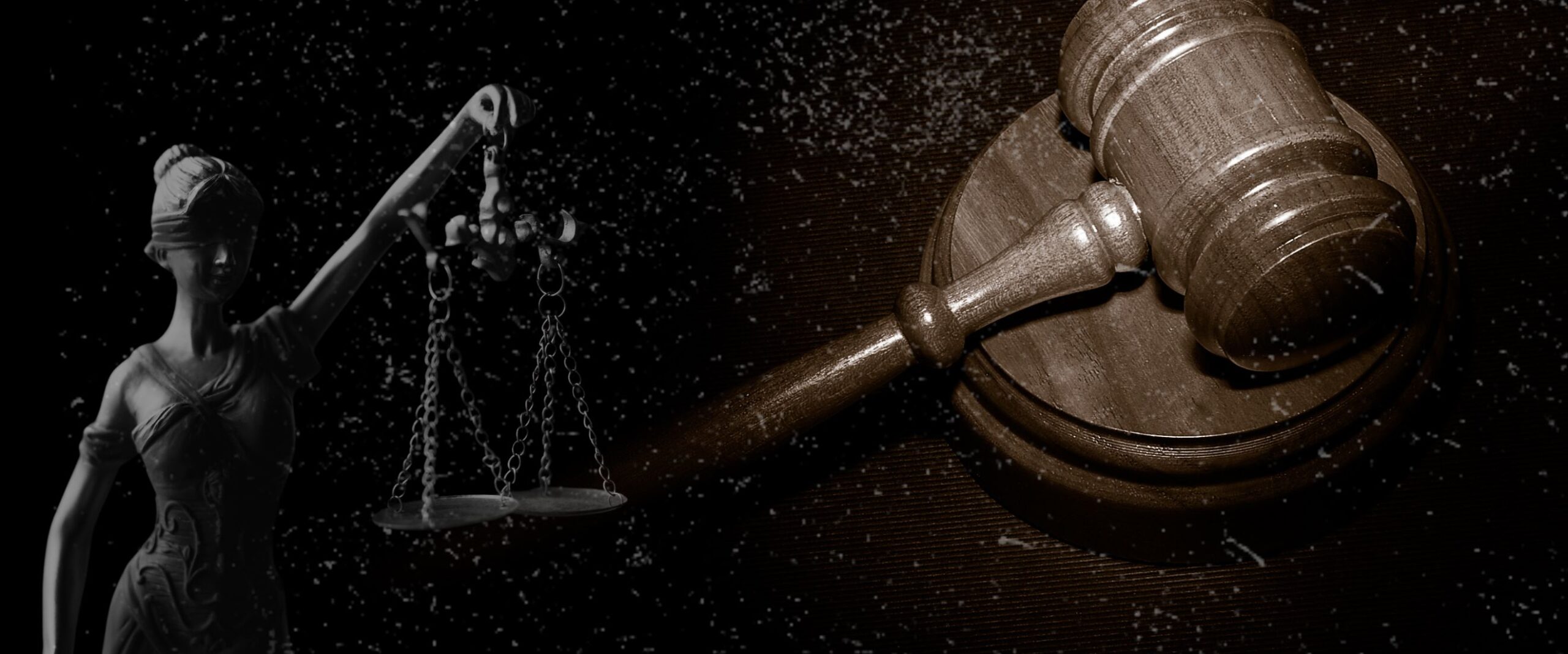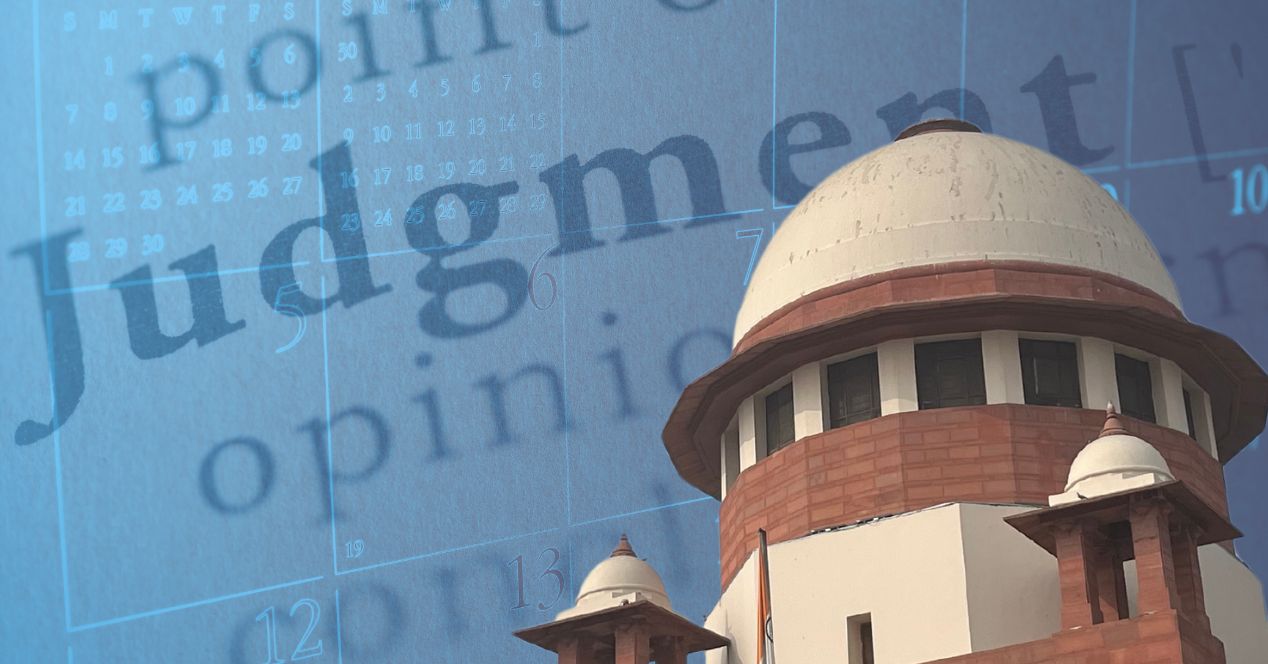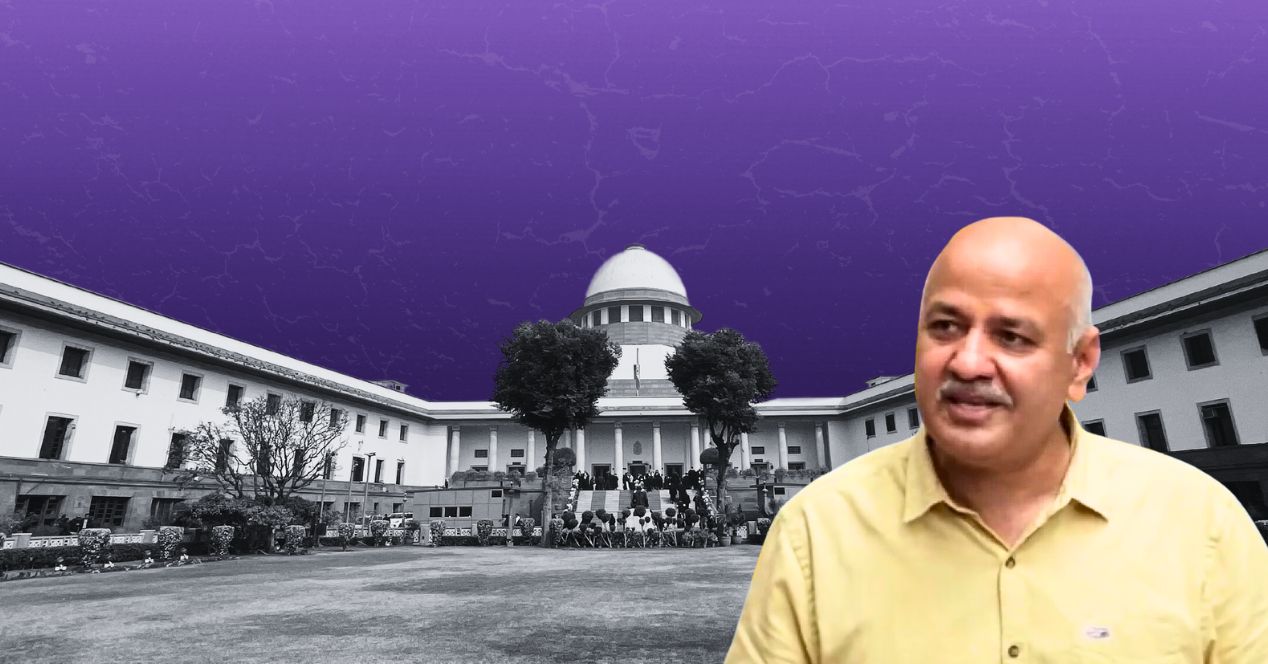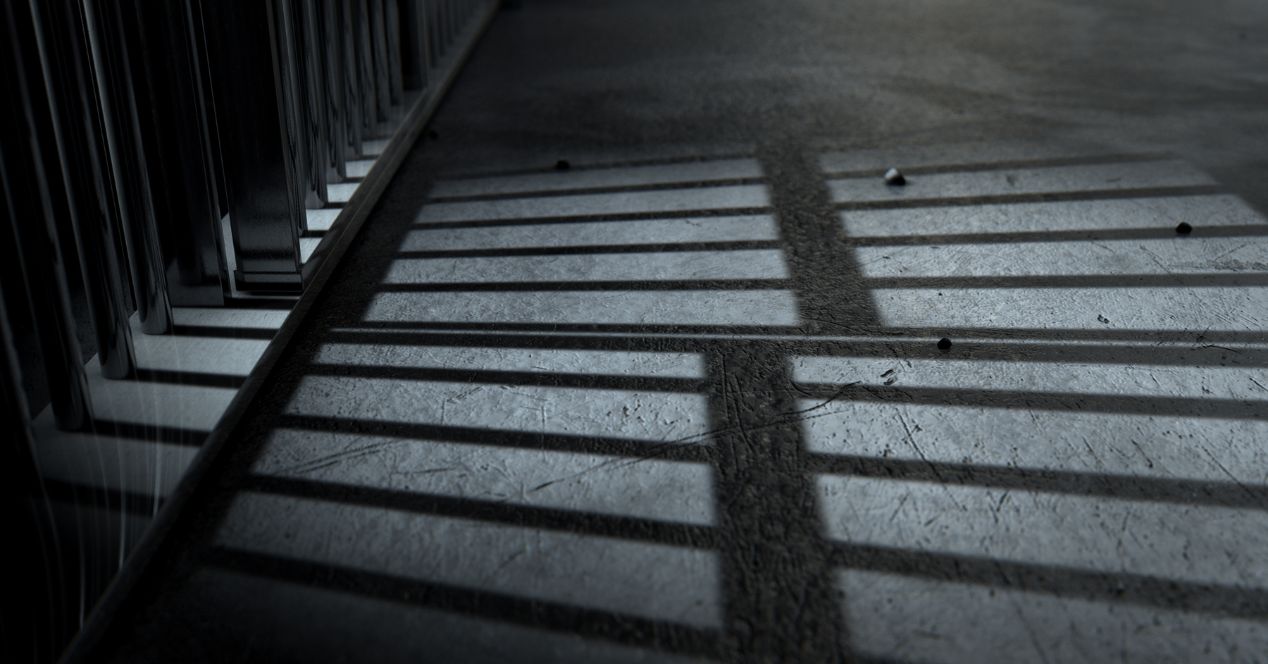Analysis
Special Benches and suo moto hearings
The sub-classification decision has dominated Supreme Court coverage but here’s a recap of other noteworthy developments in August so far

As political parties contemplate next steps in the wake of a landmark judgement for affirmative action, there were several new headlines emerging out of the Supreme Court. This week was marked by suo moto proceedings, Special Benches and the legal travails of the Delhi Government.
On Monday, Justice P.S. Narasimha, writing on behalf of himself, the Chief and Justice Pardiwala, upheld the Delhi Lieutenant Governor’s power to appoint aldermen to the Municipal Corporation without consulting Delhi’s elected government. Some commentators pointed out that the judgement underscores the statutory scheme that grants the Centre the final say in matters related to Delhi’s administration. Interestingly, a week before the closing of arguments in this case in May last year, a five-judge bench had unanimously affirmed the Delhi government’s control over administrative services and day-to-day operations in the NCT. Both Justice Narasimha and the Chief were part of that bench.
On Tuesday, in an ongoing suo moto case on bail policy reform, the Court directed all state governments to update and sync data on the e-Prison module within three weeks. The module is a nationwide digital initiative to streamline the process of bail for undertrial prisoners.
On Wednesday, the Court, in exercise of its suo moto power, considered a matter that touched upon its supervisory jurisdiction. Last month, Justice Rajbir Sehrawat of the Punjab & Haryana High Court had openly criticised the top court for staying a contempt proceeding in his court. His Order stated that the top court’s intervention came from “a tendency to avoid owning responsibility.” When the matter was listed, there was an expectation that the Court would come down hard on the judge. But the five-judge Special Bench exercised restraint and decided to close the matter with minimum fuss. It issued a direction to expunge the controversial comments from public record while reasoning that a larger bench of the High Court had already taken cognisance of the issue.
The same day, another Special Bench of three judges decided to hear a batch of pleas seeking a review of the Court’s judgement in Vijay Madanlal (2022). The decision had upheld the wide powers of the Enforcement Directorate under the Prevention of Money Laundering Act (2002). The hearing is scheduled to begin on 28 August.
And then the Delhi government was back in the news on Friday, when the Supreme Court granted bail to Manish Sisodia of the Aam Aadmi Party. Sisodia, who is accused of money laundering in connection with the Delhi Liquor Policy Scam, was arrested on 26 February 2023. Taking into account his imprisonment without trial for 17 months, the bench noted that Sisodia had been denied the “right to a speedy trial”.
While we at the Supreme Court Observer kept an eye on all these happenings, our August so far has been dominated by the Court’s landmark judgement upholding the constitutionality of sub-classification in the Scheduled Caste and Scheduled Tribe categories.
The 565-page judgement overruled a five-judge bench decision in E.V. Chinnaiah (2004), laying to rest two decades of speculation and conversation about Chinnaiah’s correctness. To help you get you up to speed, we’ve summarised the salient aspects—in both running text and table formats.
We’ve also been tracking the divergent reactions to the judgement. While many have welcomed the decision for acknowledging the heterogeneity amongst the SC and ST groups, others have expressed concern about the implications in the political arena. Here, we’ve curated a list of articles that capture the reactions of various interest groups and touch upon some of the practical complications of sub-classification.
We will continue our coverage of what is making news in the top court so be sure to keep an eye on scobserver.in. Meanwhile, we’re also readying the next drop of articles in our special series to mark 75 years of the Supreme Court. If you have notes on our coverage—good, bad, ugly—write to us at admin@scobserver.in. We’d love to hear from you!
This article was first featured in SCO’s Weekly newsletter. Sign up now!




